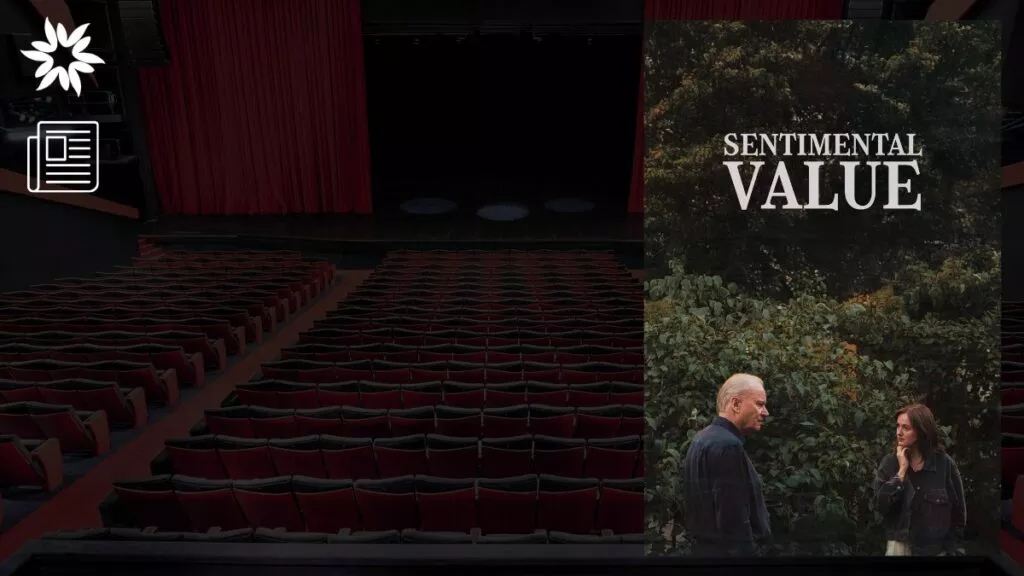Conspiracy theories are like puzzles—mysterious, exciting, and sometimes confusing.
They make people feel like they’ve uncovered secrets no one knows.
But while they can be fun to explore, conspiracy theories can also cause big problems, like dividing families or spreading false information.
This list will take you through the 10 best books about conspiracy theories.
Some are fictional thrillers, while others are deeply researched works that try to explain why conspiracies exist and why people are drawn to them.
Let’s get started!
Key Takeaways
- If you like exciting stories about conspiracies, try The Da Vinci Code or The Illuminatus! Trilogy.
- If you want to understand why people believe in conspiracy theories, read A Culture of Conspiracy or Conspiracies of Conspiracies.
- If you're curious about famous conspiracies, check out Crossfire: The Plot That Killed Kennedy or The Illuminati: The Secret Society That Hijacked the World.
1. The Da Vinci Code by Dan Brown
You’ve likely heard of The Da Vinci Code, and this book is a worldwide favorite for a reason.
It all starts with the murder of Jacques Saunière, a curator at the Louvre Museum.
Before he dies, he leaves behind cryptic clues, including strange symbols and references to Leonardo da Vinci’s artwork.
The main characters, Robert Langdon and Sophie Neveu, work together to solve the mystery, uncovering secrets about the Holy Grail and a secret society called the Priory of Sion.
It’s an exciting read that makes you question what’s true and what’s fiction.
Even though it’s a novel, this book inspired real debates about religion and history.
It’s sold over 80 million copies, which proves just how much people love a good conspiracy story.
2. The Illuminatus! Trilogy by Robert Shea and Robert Anton Wilson
This series is a wild ride through the biggest conspiracy theories, secret societies, and bizarre events.
The three books—The Eye in the Pyramid, The Golden Apple, and Leviathan—are packed with weird characters, crazy plots, and mind-bending ideas.
The story jumps around in time and perspective, introducing anarchists, detectives, and secret groups like the Illuminati.
And the highlight is the fact it mixes fact and fiction in a way that makes you question everything.
It’s not just a book about conspiracies—it feels like a conspiracy itself.
If you’re looking for a funny, smart, and unpredictable book, this trilogy is for you.
3. Conspiracies of Conspiracies by Thomas Milan Konda
Have you ever thought about why so many people believe in conspiracy theories?
Well, this book dives straight into it.
Interestingly, this read explores the history and psychology behind conspiracies in the United States, showing how they’ve changed and grown over time.
It explains how old fears, like secret plots by the Illuminati, have transformed into modern ideas about UFOs, reptilian aliens, and more.
Thomas Milan Konda also looks at how the internet has made it easier for these theories to spread quickly and reach more people.
He reveals how our natural urge to find patterns can sometimes lead to believing things that aren’t real.
It’s fascinating to see why conspiracy theories grab our attention and seem so appealing.
4. A Culture of Conspiracy by Michael Barkun
Michael Barkun is an expert on conspiracies, and in this book, he explains the different types.
He talks about specific event conspiracies (like the JFK assassination), systemic conspiracies (like the idea of a New World Order), and super conspiracies (which combine multiple conspiracies into one big theory).
Barkun also shows how the internet has made conspiracy theories grow and change.
People can now mix ideas from different conspiracies to create their own unique versions.
Without question, this book is serious and thoughtful, and it helps you understand how conspiracies shape our culture.
5. Conspiracy: How the Paranoid Style Flourishes and Where It Comes From by Daniel Pipes
Now we have a different perspective: this book takes a historical look at conspiracy theories, tracing them back to medieval times.
Daniel Pipes explains how conspiracy theories tend to pop up during periods of fear and uncertainty, and history shows that’s for sure.
He also explores dangerous conspiracies, like anti-Semitic ideas, and how they’ve influenced society.
Pipes encourages readers to think critically and look for evidence before believing in conspiracies.
So, it’s a great book for anyone who wants to understand how these ideas develop and why they persist.
6. Crossfire: The Plot That Killed Kennedy by Jim Marrs
The JFK assassination is one of the most famous events in U.S. history, and it’s surrounded by endless, popular conspiracy theories that still get people talking.
In Crossfire, Jim Marrs looks at all the evidence and questions the official story.
He examines everything from the way the bullets moved to what witnesses said, suggesting there might have been more than one shooter.
Marrs also explores possible connections to groups like the CIA, the Mafia, and anti-Castro Cubans, which give more than enough reasons to wonder what really happened.
Even if you don’t agree with his ideas, this book is an exciting look at one of history’s biggest mysteries.
It even inspired Oliver Stone’s famous movie JFK, which brought these questions to life for millions of viewers.
7. The Illuminati: The Secret Society That Hijacked the World by Jim Marrs
This book is about the Illuminati, a secret society that some believe has controlled world events for centuries.
Jim Marrs traces the group’s origins back to 1776 and explores their alleged influence on everything from politics to pop culture.
He talks about powerful families like the Rockefellers and Rothschilds and their supposed role in creating a New World Order.
Marrs presents plenty of evidence and ideas and, essentially, leaves it up to the reader to decide what to believe.
8. Rule by Secrecy by Jim Marrs
In this book, Jim Marrs goes even deeper into the history of secret societies.
He connects ancient groups like the Knights Templar and Freemasons to modern organizations like the Bilderberg Group.
Marrs suggests that these groups have shaped major historical events and are working toward a global government.
It’s a detailed, thought-provoking read that will make you look at history in a whole new way.
9. The Trillion-Dollar Conspiracy by Jim Marrs
This time, Marrs focuses on modern-day conspiracies.
He explores how the Federal Reserve, big corporations, and government policies might collaborate to control the economy and people’s lives.
He also dives into topics like surveillance, media manipulation, and even pharmaceutical conspiracies.
Marrs paints a picture of a powerful elite working to create a global dictatorship.
This bold and unsettling book challenges readers to question the systems they trust, and you won’t want to miss it.
10. Conspiracy Encyclopedia by Thom Burnett
We’re coming to the final book on our list, and if you want a one-stop shop for all things conspiracy, this encyclopedia is perfect.
It covers everything from famous events like the JFK assassination to bizarre ideas about UFOs and secret societies.
Each entry explains the theory’s origins, the key players, and the evidence (or lack thereof).
This book doesn’t try to convince you that any conspiracy is true—it just lays out the information so you can decide for yourself.
It’s easy to read and full of fascinating stories, making it a great resource for anyone curious about crazy conspiracy theories.
Explore the Mysteries of the Unknown!
Now that you’ve got the scoop on the best books about conspiracy theories, it’s time to pick one (or a few) and start reading.
It’s no secret that these books will take you on thrilling adventures, teach you about the hidden forces behind big events, and make you think about how people see the world.
So, go grab a cozy spot, pick your book, and prepare for heart-pounding stories, mind-opening ideas, and fascinating insights.
The truth is out there—are you ready to find it?








